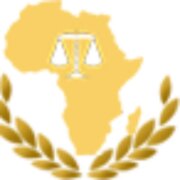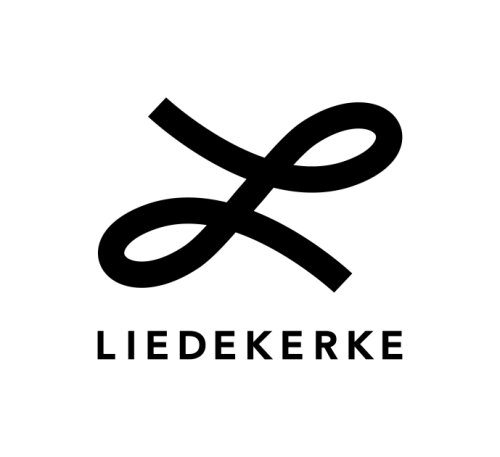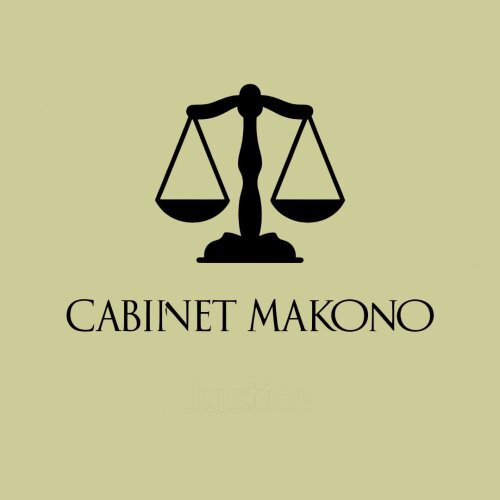Best Water Law Lawyers in DR Congo
Share your needs with us, get contacted by law firms.
Free. Takes 2 min.
Or refine your search by selecting a city:
List of the best lawyers in DR Congo
About Water Law in DR Congo
Water Law in the Democratic Republic of Congo (DR Congo) covers the legal rules and regulations governing the use, protection, development, and management of water resources nationwide. Given the abundance of rivers and lakes in DR Congo, water is a critical natural asset for agricultural, industrial, domestic, and environmental needs. The legal framework for Water Law in DR Congo addresses issues like water rights allocation, access to drinking water, pollution control, management of shared water resources, and the responsibilities of public and private stakeholders. Water Law works in tandem with environmental, land, and mineral legislation, making it a specialized field within Congolese law.
Why You May Need a Lawyer
There are various situations where legal advice in Water Law becomes essential in DR Congo. These circumstances include:
- Disputes over water usage rights between communities, individuals, or businesses
- Conflicts related to access to safe drinking water
- Challenges over pollution or contamination of water sources by industrial activities
- Legal compliance for companies seeking permits for water extraction or usage
- Litigation or mediation in cases of flooding or damage due to water management projects
- Representation in negotiations with government agencies regarding water projects
- Protecting local or indigenous community water rights against outside interests
- Understanding obligations under international water agreements
An experienced Water Law lawyer can guide you through complex regulations, advocate for your interests, and ensure your activities align with national and regional laws.
Local Laws Overview
In DR Congo, Water Law is primarily shaped by the national Water Code (Code de l’Eau), various environmental decrees, and local customary rules. Key aspects include:
- Ownership of Water Resources: Water resources in DR Congo, including rivers, lakes, and groundwater, are generally considered public property, managed by the state for the benefit of all citizens.
- Access to Water: The law recognizes access to safe drinking water as a basic right, but practical access remains an issue for rural and peri-urban populations.
- Permitting and Use: Extraction or significant use of water by industries, agricultural businesses, or developers generally requires authorization or issuance of permits by relevant ministries.
- Water Pollution Control: Strict regulations prohibit dumping of pollutants in water bodies. Companies and individuals may face sanctions if found responsible for water contamination.
- Customary Water Rights: Local and indigenous customs may influence water allocation and usage, especially in rural areas, but these customs must harmonize with national laws.
- International Agreements: DR Congo is party to several regional agreements on transboundary water management, especially regarding the Congo River and great lakes region.
- Institutional Framework: Ministries such as the Ministry of Environment and Sustainable Development and the Ministry of Energy and Hydraulic Resources oversee implementation and enforcement.
Frequently Asked Questions
What is the main legal framework governing water in DR Congo?
The main legal framework is the Water Code, supplemented by environmental protection laws and sector specific regulations.
Who owns water resources in DR Congo?
Water resources are primarily owned by the state and are managed in the public interest. Private ownership of watercourses is not permitted.
Do I need a permit to extract water from rivers or lakes?
Yes. Businesses and sometimes individuals must obtain official permits to extract or use significant quantities of water for commercial, agricultural, or industrial purposes.
What are my rights to access drinking water?
Access to safe drinking water is recognized as a right. However, practical access may vary depending on infrastructure and local governance.
Can I be held liable for polluting water sources?
Yes. Individuals and companies can face fines, sanctions, or criminal charges if found guilty of contaminating water sources.
Are there regulations regarding water use in agriculture?
Yes. Agricultural water use is regulated to prevent over-extraction and pollution, with permit requirements for large scale irrigation projects.
What role do local communities have in water management?
Local and indigenous communities often manage water resources by customary law, but these arrangements must not conflict with national legislation.
How are disputes over water rights resolved?
Disputes may be resolved through mediation, courts, or administrative bodies, depending on the nature and parties involved.
What government bodies are involved in water management?
The Ministry of Environment and Sustainable Development and the Ministry of Energy and Hydraulic Resources are key agencies overseeing water laws.
How can international water law impact local water use?
International agreements on shared watercourses may impose obligations or grant rights to the state, affecting local policies and usage.
Additional Resources
If you are seeking further information or assistance regarding Water Law in DR Congo, consider consulting the following resources and organizations:
- Ministry of Environment and Sustainable Development (Ministère de l’Environnement et Développement Durable)
- Ministry of Energy and Hydraulic Resources (Ministère de l’Energie et Ressources Hydrauliques)
- National Water and Sanitation Service (Regie de Distribution d’Eau - REGIDESO)
- Environmental NGOs active in water sector projects
- Bar Associations or legal aid organizations specializing in environmental and water rights
- UN bodies and international organizations working on water and development in DR Congo
Next Steps
If you need legal advice related to Water Law in DR Congo, consider taking the following steps:
- Gather all relevant information about your case, including contracts, permits, correspondence, and evidence of disputes or pollution.
- Identify the specific legal issue you are facing, such as water rights, access, pollution, licensing, or compliance.
- Contact a qualified lawyer with experience in Water Law or environmental law, ideally registered with a recognized professional legal body in DR Congo.
- Consult relevant government departments or regulatory agencies for official documentation or guidance related to your matter.
- If you cannot afford a private lawyer, seek advice from legal aid services, NGOs, or university legal clinics that offer support for water law issues.
- Prepare a summary of your situation and questions for your lawyer to ensure an efficient consultation.
- Stay informed about your rights and obligations under DR Congo law to better protect your interests and the resources you depend on.
Navigating water laws can be complex, but with the proper advice and support, you can safeguard your rights and comply with local regulations.
Lawzana helps you find the best lawyers and law firms in DR Congo through a curated and pre-screened list of qualified legal professionals. Our platform offers rankings and detailed profiles of attorneys and law firms, allowing you to compare based on practice areas, including Water Law, experience, and client feedback.
Each profile includes a description of the firm's areas of practice, client reviews, team members and partners, year of establishment, spoken languages, office locations, contact information, social media presence, and any published articles or resources. Most firms on our platform speak English and are experienced in both local and international legal matters.
Get a quote from top-rated law firms in DR Congo — quickly, securely, and without unnecessary hassle.
Disclaimer:
The information provided on this page is for general informational purposes only and does not constitute legal advice. While we strive to ensure the accuracy and relevance of the content, legal information may change over time, and interpretations of the law can vary. You should always consult with a qualified legal professional for advice specific to your situation.
We disclaim all liability for actions taken or not taken based on the content of this page. If you believe any information is incorrect or outdated, please contact us, and we will review and update it where appropriate.
Browse water law law firms by city in DR Congo
Refine your search by selecting a city.














